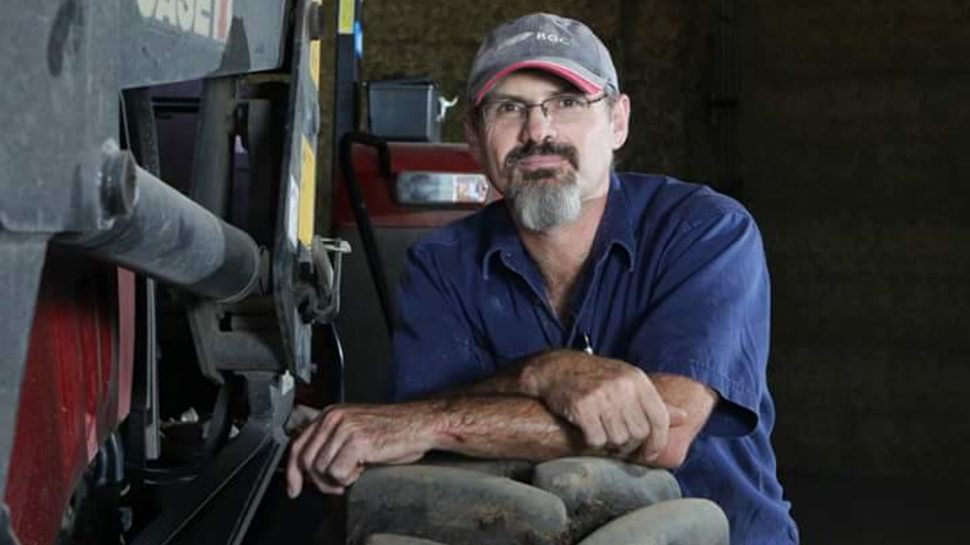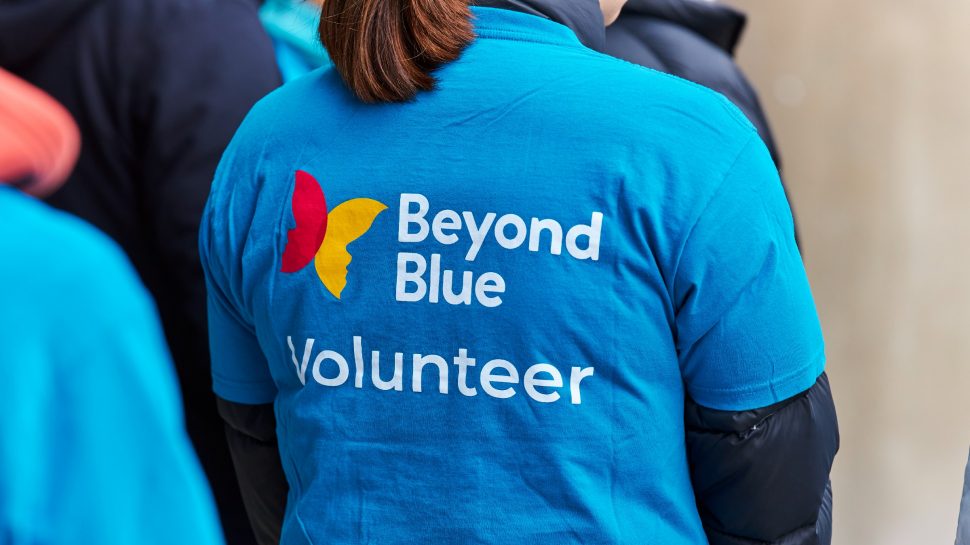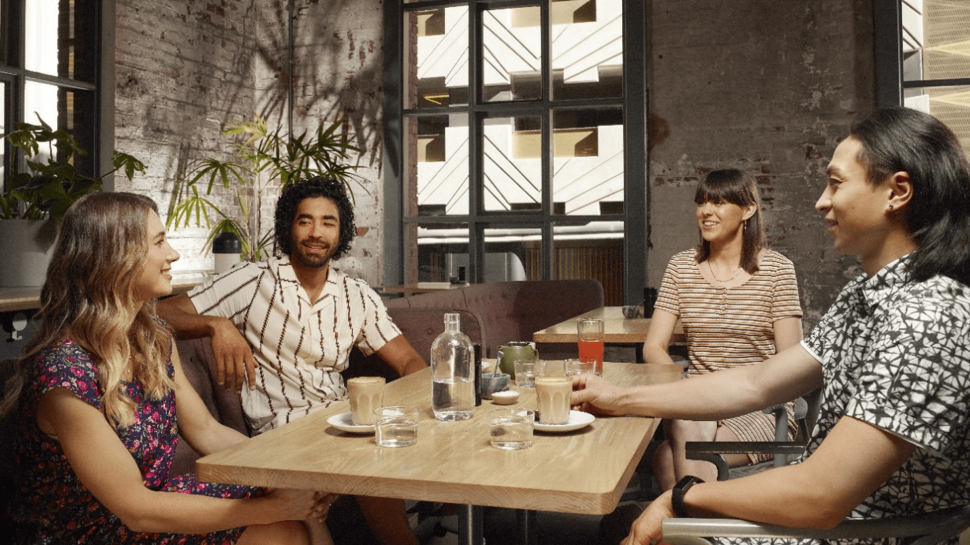Connection with identity: 5 mental health lessons from Beyond Blue speaker Michael
Michael Cullen experienced mental health challenges and racism but by reconnecting to his First Nations culture he has found purpose and uses his own story to inspire people to take care of themselves and others. He now volunteers as a Beyond Blue speaker, and shares with us the things he’s learnt along the way.

Beyond Blue speaker Michael Cullen shares the lessons he has learned through his mental health journey
Michael Cullen, a Ngarrindjeri Nurrunga man who studies and works in the field of psychology and neuroscience, became a Beyond Blue volunteer speaker to help others. Using his own lived experiences of mental health challenges, he now finds great meaning in helping people to develop resilience and overcome adversity.
In support of our partnership with Beyond Blue to connect more people with mental health information and each other, Michael shares with us the things he’s learnt along the way about how to support mental health.
A healthy routine can help you to feel well
Michael says that establishing a healthy routine has been very important in managing his mental health.
“I created a daily routine, meditated and sought higher education,” he says of learning to take care of his wellbeing.
Michael’s routine also includes eating well, getting enough sleep and exercising each day. “I go to bed at about nine or 10pm and wake up at six, and then I go to the gym. Actually, I normally stare at the ceiling for about half an hour before going to the gym!” he laughs.
Everyday habits help to build wellbeing, and each person has slightly different things that help them to feel well. For example, you might find that walking or yoga sessions are a great way to exercise, or you have a hobby that you like to take part in regularly.
Connecting with who you are is vital
Michael’s experiences of racism when he was growing up led to him disconnecting from his culture. “There was so much shame thrown at me about being Indigenous, I had to identify as something else because I didn't want to be associated with the stigma,” he explains. “So, because I had no culture, I technically had no family and no support.”
Over the years, Michael has found some ways to reconnect with his culture and identity, which has helped him find his purpose.
“I'm now succeeding in education and Aboriginal public health research, and I'm also giving back to my community,” he says. “I’m also designing interventions to be culturally appropriate, as part of an Indigenous psychology army to help mitigate the effects of child or youth suicide and create culturally appropriate interventions and assessment tools which are sorely needed.”
It’s this connection with his identity and with people who he enjoys being around that forms a big part of Michael’s story of how he overcame many challenges.
Supporting someone who’s struggling is a “superpower” that everyone has
If someone you know is struggling, the best thing you can do is let them talk when they’re ready. Michael refers to this as being “a superpower that helps others”.
“You need to be willing to engage with them and not try to be pragmatic at first. Don't try to solve their problems,” he suggests.
You might have a loved one, a friend, family member or work colleague who’s ready to talk about their challenges, and offering them your time can make a huge difference.
He adds that it’s also vital to help those around you who are struggling to find some professional assistance. “Above all else, you need to encourage them to seek a mental health professional.”
After a bad day, try a fresh start
Everyone has a bad day sometimes, whether it’s appeared out of nowhere or is triggered by something challenging, or perhaps you’ve already been feeling down and something hits you particularly hard on some days. And those bad days can lead to doing things that aren’t part of your usual healthy habits, or being hard on yourself.
Michael says he’s learnt to be gentle with himself after a day like that. “Be a little bit forgiving,” he suggests. “If one day seems a little bit of a mess, just start from small building blocks again. Get up, make your bed and grab a glass of water to ignite the engine. Then start the next day fresh.”
Asking for help is brave and important
Putting your hand up to ask for help can feel difficult, but Michael says he’s learnt that it’s a brave an important thing to do.
“The good news is there is support out there, whether that’s talking to a family member or friend, your GP or mental health professional,” Michael says. “Anxiety and depression don't have to take over your life. They are health conditions, not weaknesses, and people should not feel ashamed to speak up and seek support.”
If you need support, you can call the Beyond Blue Support Service on 1300 22 46 36, or join the active Beyond Blue forums.
If you’re in a crisis or at risk, call Lifeline on 13 11 14.
Australia Post is proud to support our partner Beyond Blue. Together, we aim to connect more people with mental health and wellbeing resources and services, and each other—because when we connect, we feel better.



